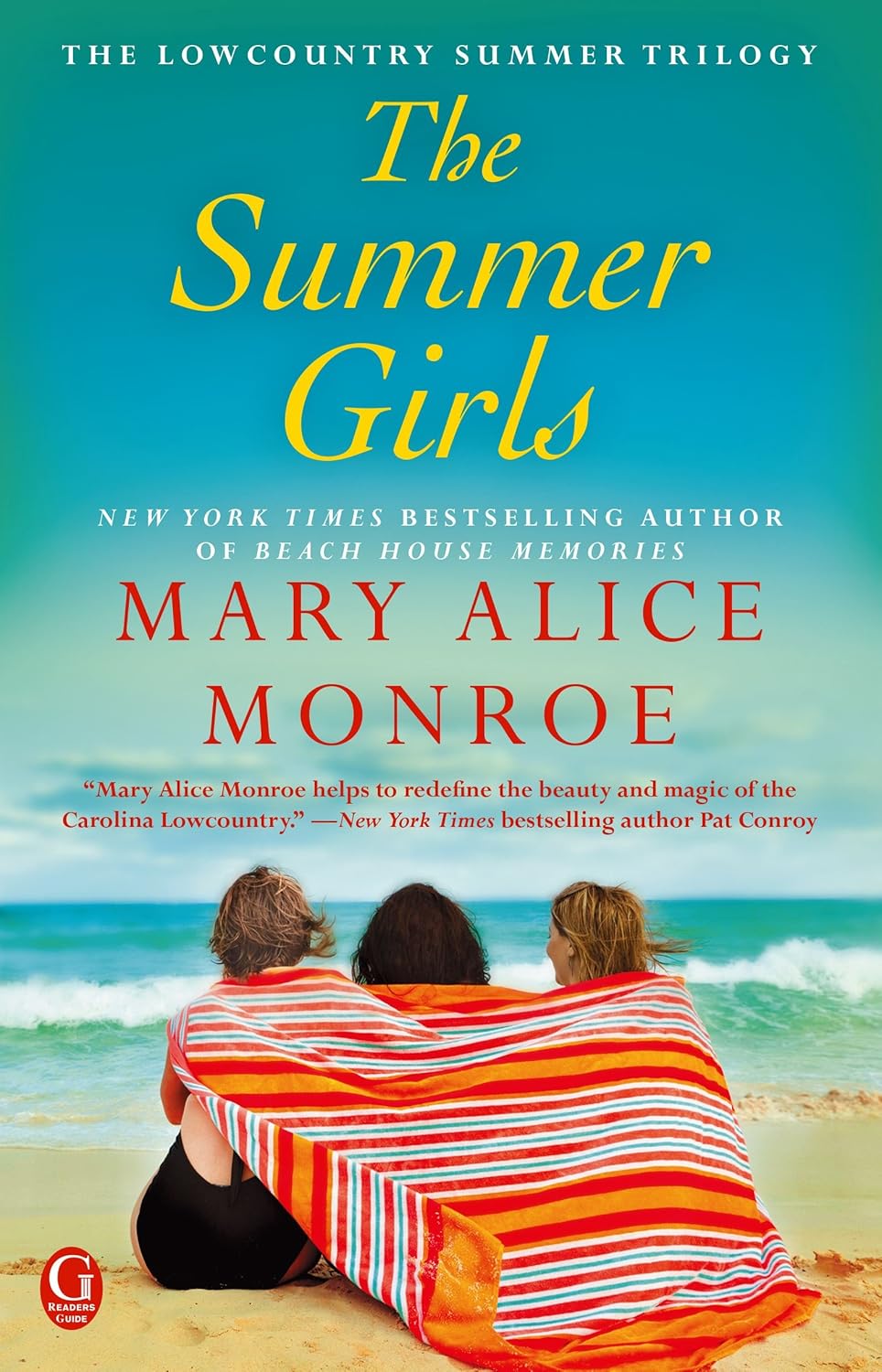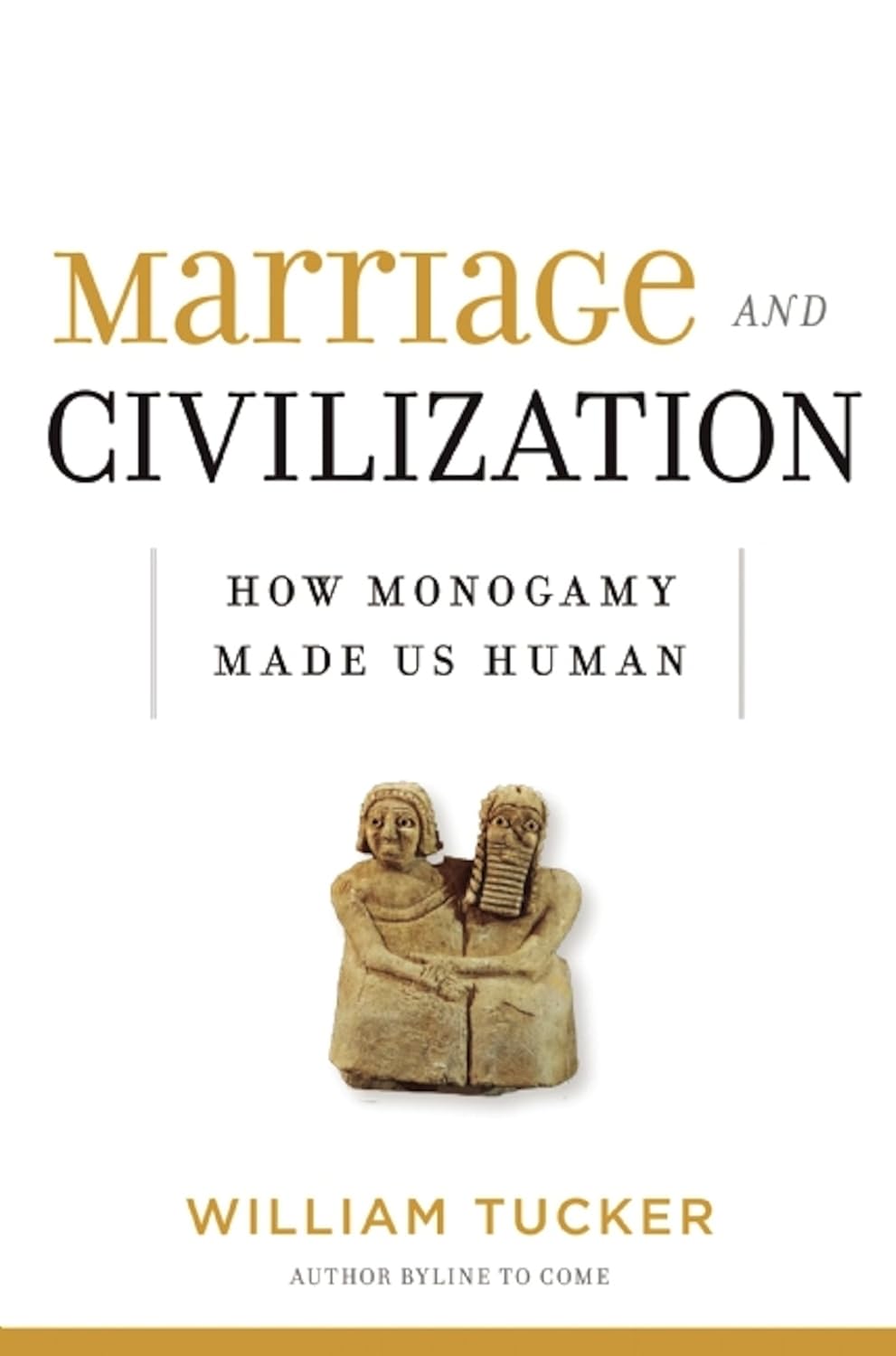About the Book:
Zoe Saldivar is more than just single—she's ALONE. She recently broke up with her longtime boyfriend, she works from home and her best friend Jen is so obsessed with her baby that she has practically abandoned their friendship. The day Zoe accidentally traps herself in her attic with her hungry-looking cat, she realizes that it's up to her to stop living in isolation.
Her seemingly empty life takes a sudden turn for the complicated—her first new friend is Jen's widowed mom, Pam. The only guy to give her butterflies in a very long time is Jen's brother. And meanwhile, Pam is being very deliberately seduced by Zoe's own smooth-as-tequila father. Pam's flustered, Jen's annoyed and Zoe is beginning to think "alone" doesn't sound so bad, after all.
My Comments:
The book is primarily about three women: Zoe and Jen are probably in their early thirties and Pam is Jen's mom.
Jen is married and the mother of an eighteen month old who does not talk, at all. She was already on the high-strung "supermom" side--organic everything, no chemicals or dirt in the house etc--but the lack of speech is highly concerning and no one else seems concerned, which makes her even more anxious.
Zoe just broke up with her long-term boyfriend because they wanted different things from their relationship, but now she is trying to start living the life she wants. Part of that is dating Jen's brother. Part of that is exploring her career options. Just when things look like they are falling into place, she gets some news that changes everything--or does it.
Pam is a couple of years younger than I am. She's a grandmother and a widow. She volunteers at a center that helps new businesses get off the ground or expand, though that tread of the story never really seemed to connect with the others. She meets Zoe's dad at a party and accepts a lunch date with him, without really considering it a date. She doesn't want to forget her husband, she really isn't ready to move on--or is she?
I liked the strong supporting characters. Lucas was Jen's husband's partner. During the course of the story he moves from being someone she dislikes and resents to being "like a big brother". He is the one person in her life who seems unafraid to tell it like it is to her, and he convinces her to get the help she needs. Steve, Jen's brother and Zoe's love is a real sweetheart. Pam's traveling buddies, a group of widows she met on a cruise shortly after her husband died, sound like a lot of fun--women who are now alone but who aren't letting life leave them behind.
For those who care, there are a couple of graphic romantic scenes.
I'd like to thank the publisher for making a review copy available via Edelweiss. Grade: B.






















